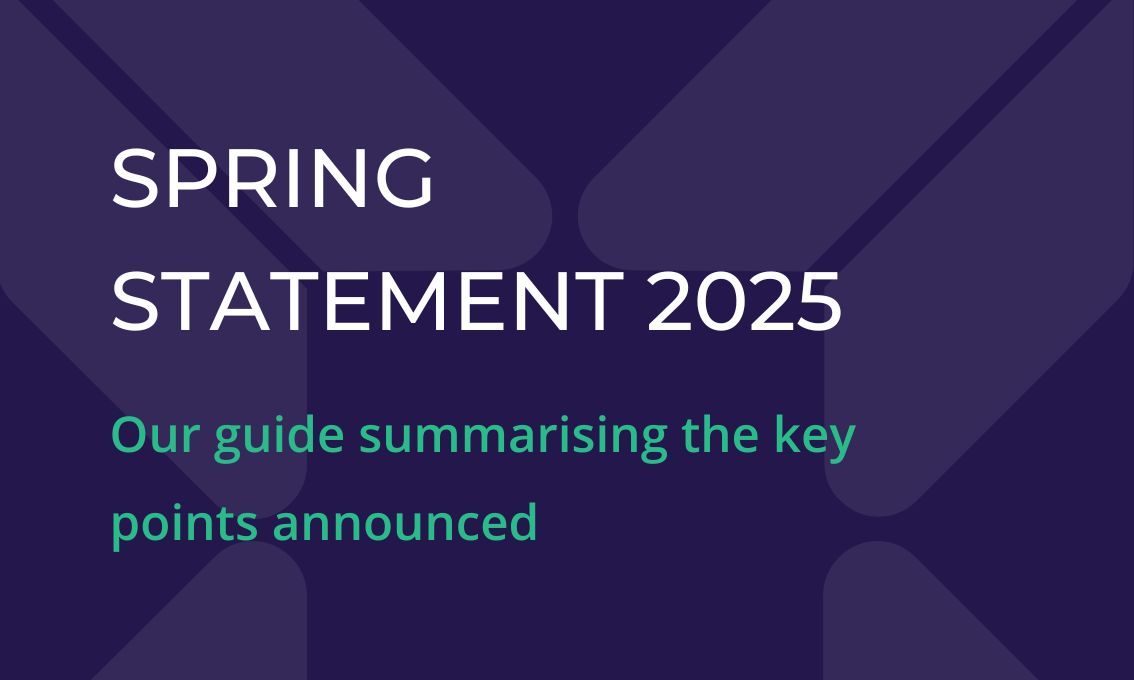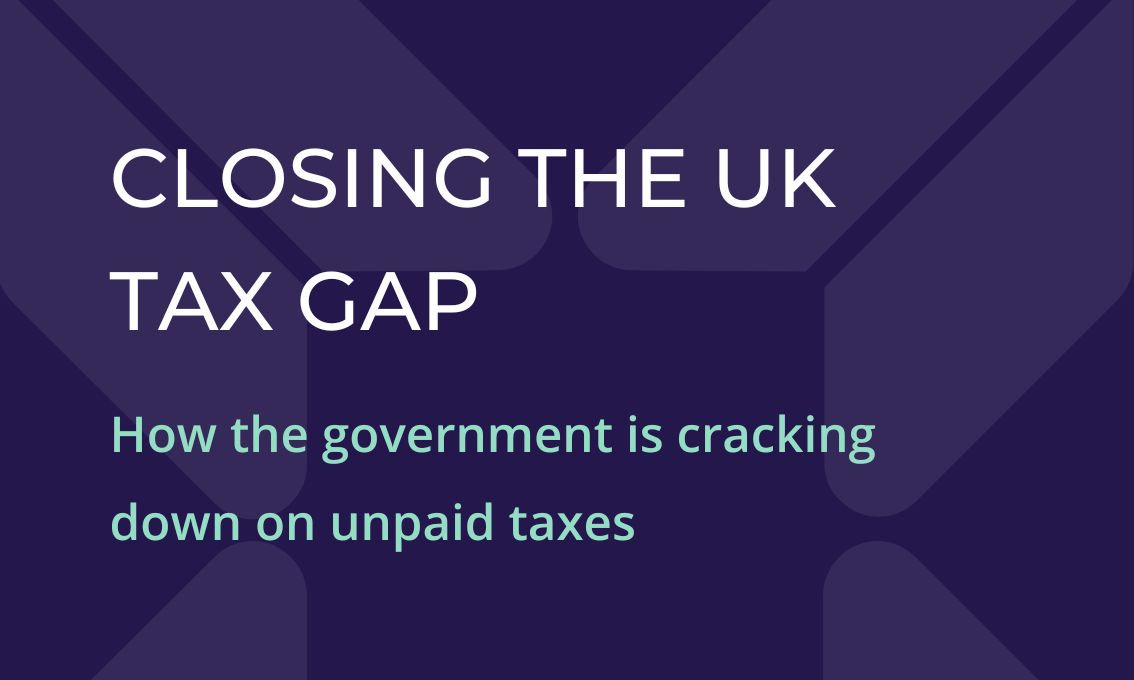
Savings & investment

The scale of unpaid tax in the UK is staggering. By December 2024, HMRC reported tax debt exceeding £44 billion—more than double the figure from five years ago. Shockingly, around £20 billion of this debt is over a year old, making recovery increasingly difficult.
To combat this crisis, the government is enhancing HMRC’s capabilities with a targeted debt recovery programme. This includes:
A major pillar of reform is the continued rollout of Making Tax Digital (MTD), designed to simplify tax management for individuals and businesses. From April 2028, sole traders and landlords earning over £20,000 will be required to use MTD for income tax Self Assessment (ITSA).
For smaller taxpayers earning below the MTD threshold, the government is working on enhancing reporting systems to ease compliance. Additionally, stricter penalties for late payments on VAT and ITSA will reinforce timely submissions, reducing the risk of tax shortfalls.
The government is intensifying efforts to combat tax avoidance and fraudulent schemes, with a focus on:
As part of a new tax fraud initiative, HMRC aims to increase criminal prosecutions, particularly targeting wealthy individuals, corporate fraud, and offshore tax evasion. By 2029/30, HMRC plans to process 600 serious tax fraud cases annually, up from 500 today.
To further strengthen compliance, HMRC is revamping its whistleblower reward scheme, offering financial incentives linked to tax recovered from tip-offs. Inspired by successful models in the US and Canada, this initiative aims to target large-scale tax evasion.
Additionally, a joint task force with HMRC, Companies House, and the Insolvency Service is tackling ‘phoenixism’—a practice where businesses dissolve to avoid tax liabilities. New measures include:
The government is also reinforcing offshore tax compliance by investing in AI, data analytics, and private sector expertise. These advancements will help HMRC detect hidden wealth and recover an estimated £500 million in offshore tax revenue over the next five years.
Further modernisation efforts include:
These reforms mark a crucial step toward closing the UK’s tax gap, ensuring fair contributions from all taxpayers while safeguarding essential public funding. By embracing digitalisation, enhancing enforcement, and cracking down on tax avoidance, the government is creating a tax system that is both fair and future-ready.
With HMRC’s transformation roadmap expected this summer, businesses and individuals can anticipate a streamlined, transparent tax framework designed to support economic growth and financial integrity across the UK.
We have over 1250 local advisers & staff specialising in investment advice all the way through to retirement planning. Provide some basic details through our quick and easy to use online tool, and we’ll provide you with the perfect match.
Alternatively, sign up to our newsletter to stay up to date with our latest news and expert insights.
| Match me to an adviser | Our advisers |
THIS ARTICLE DOES NOT CONSTITUTE TAX, LEGAL OR FINANCIAL ADVICE AND SHOULD NOT BE RELIED UPON AS SUCH. TAX TREATMENT DEPENDS ON THE INDIVIDUAL CIRCUMSTANCES OF EACH CLIENT AND MAY BE SUBJECT TO CHANGE IN THE FUTURE. FOR GUIDANCE, SEEK PROFESSIONAL ADVICE.
THE VALUE OF YOUR INVESTMENTS (AND ANY INCOME FROM THEM) CAN GO DOWN AS WELL AS UP, WHICH WOULD HAVE AN IMPACT ON THE LEVEL OF PENSION BENEFITS AVAILABLE.